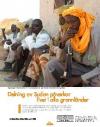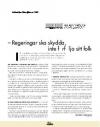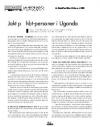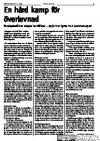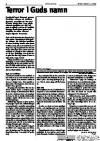A road to development : Africa in the 21st century
| Medarbetare: | Olukoshi, Adebayo O. | Wohlgemuth, Lennart |
|---|---|
| Utgivare: | Uppsala : Nordiska Afrikainstitutet |
| År: | 1995 |
| Ämnesord: | Uganda, Southern Africa, Africa, Democratization, Development strategy, Economic reform, SOCIAL SCIENCES, SAMHÄLLSVETENSKAP |
